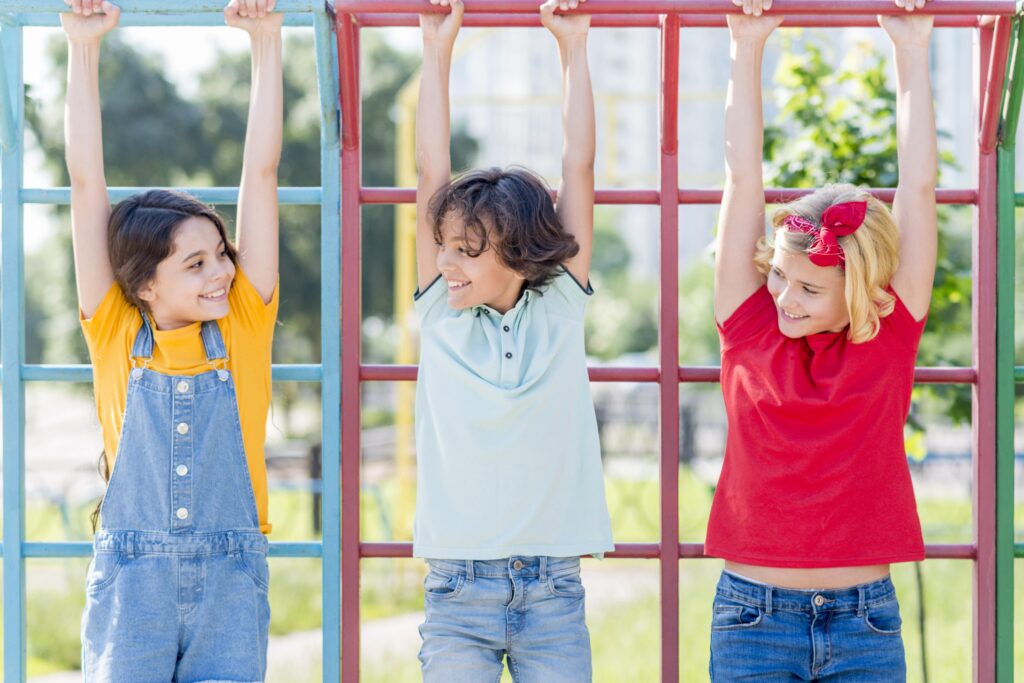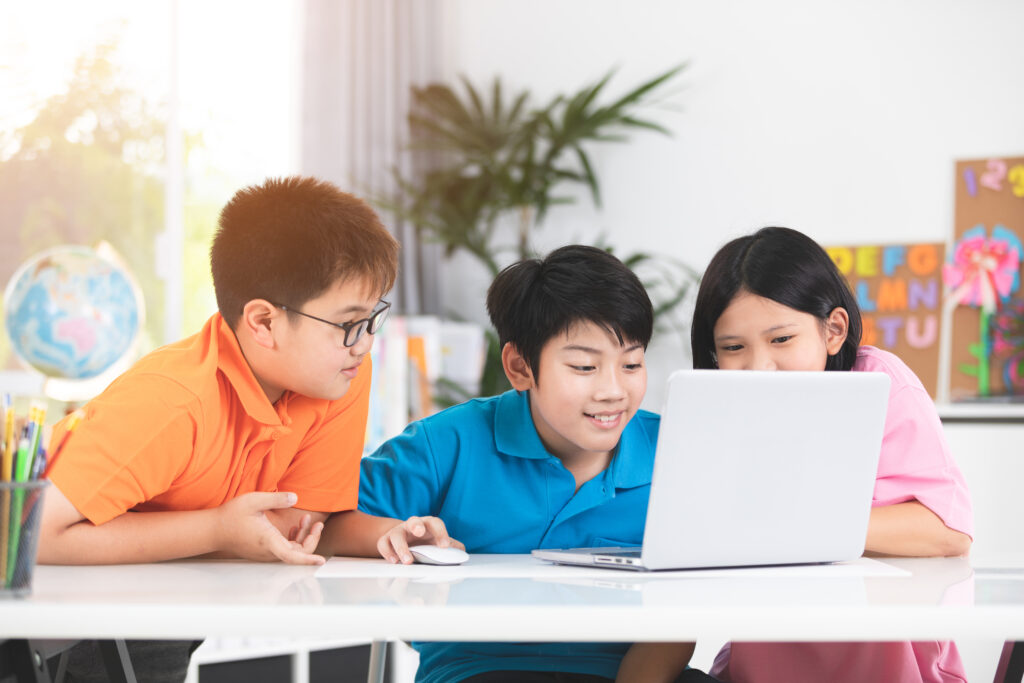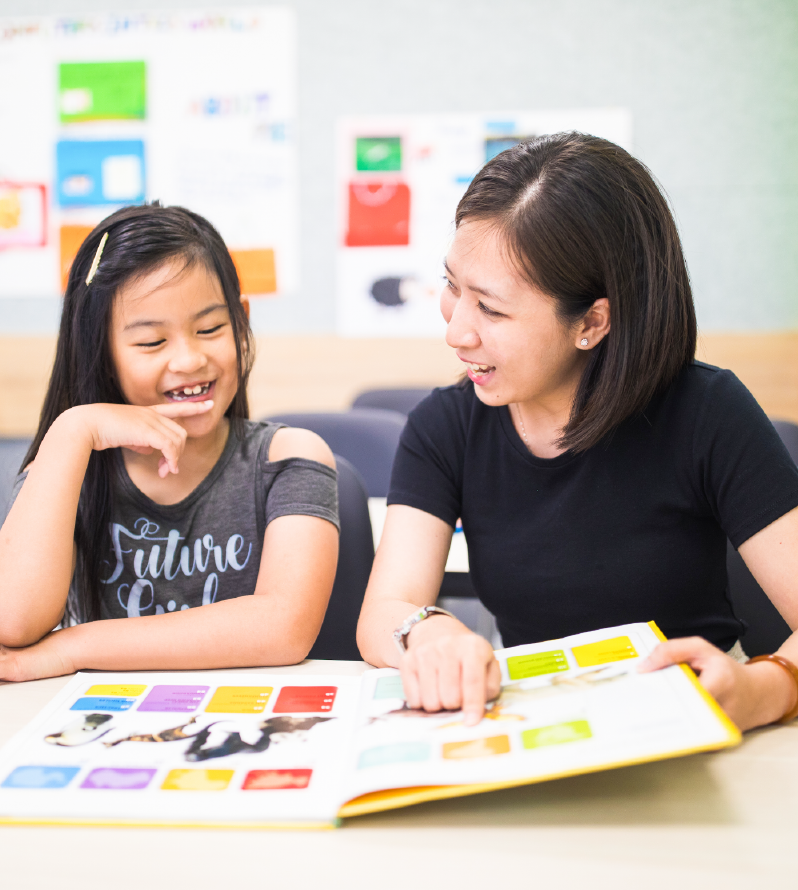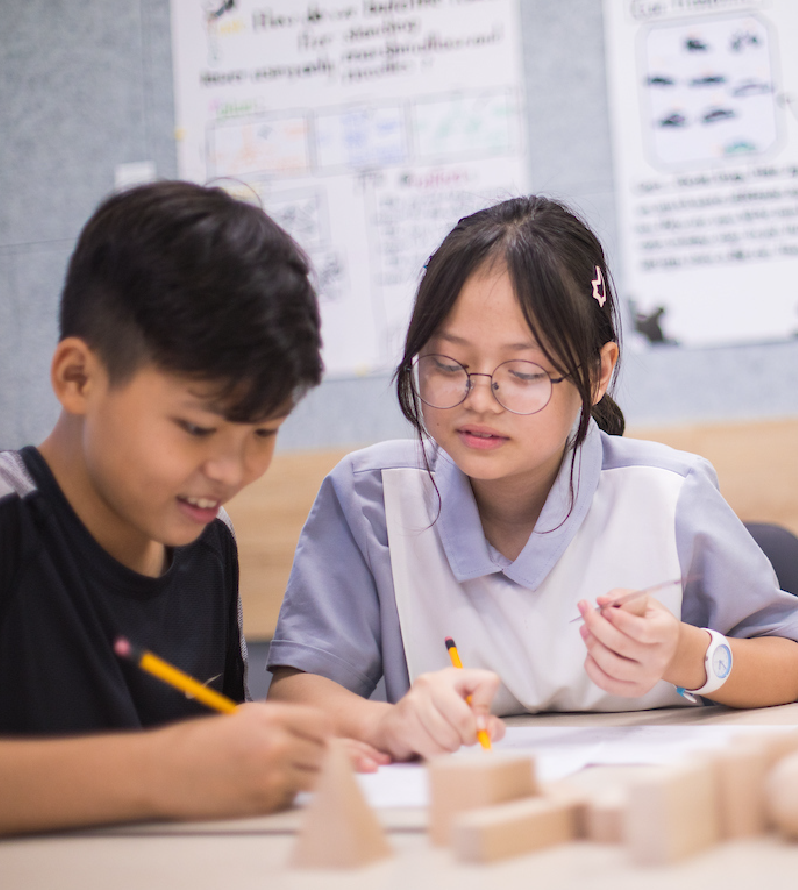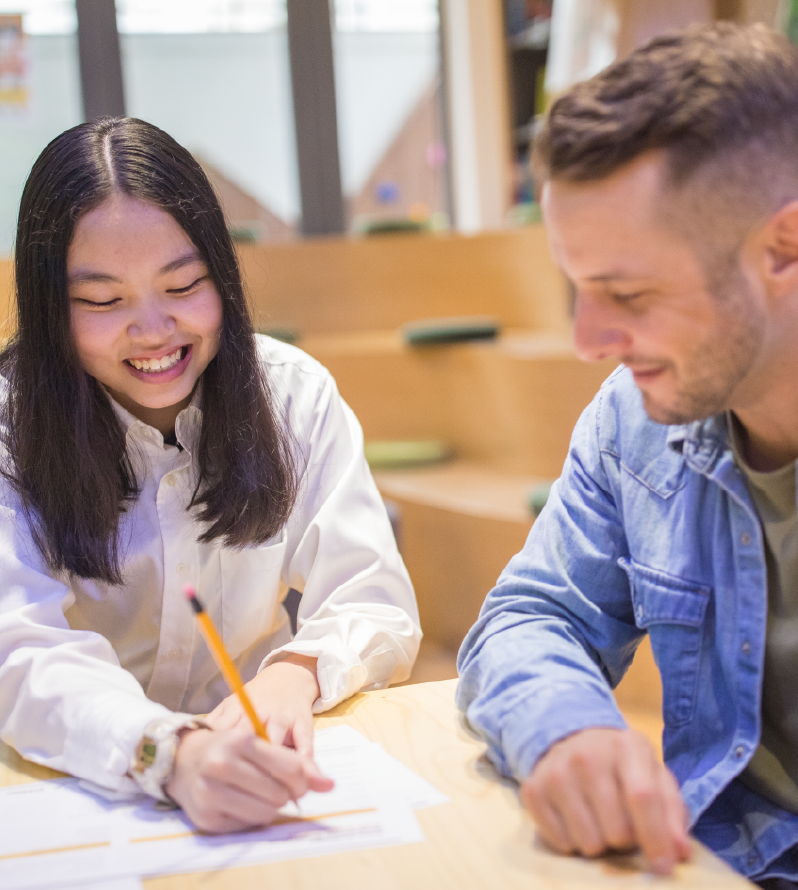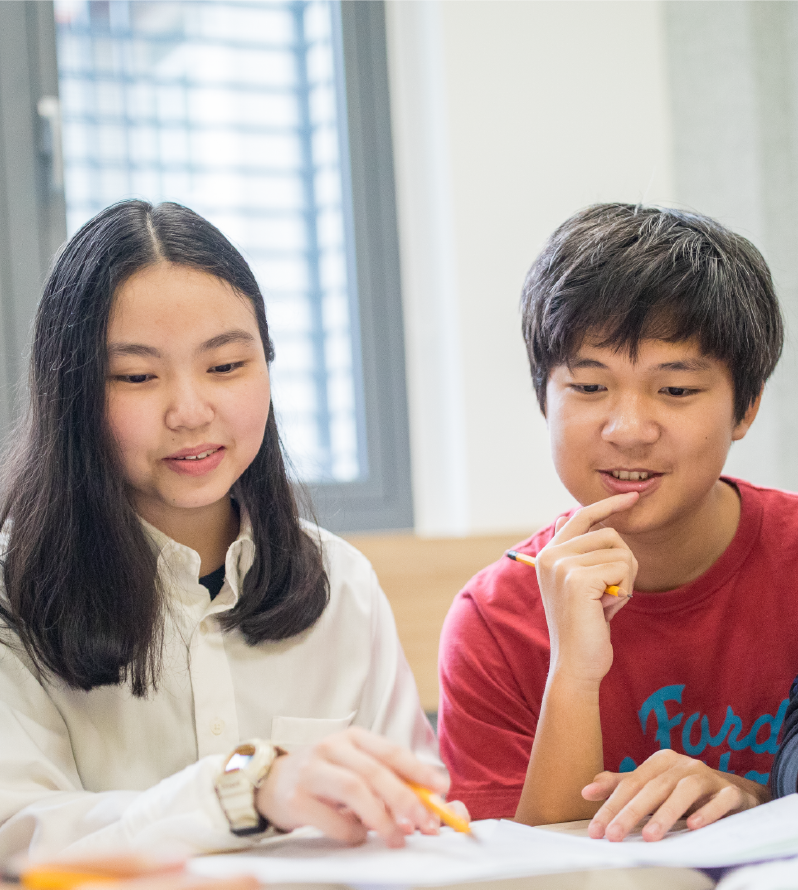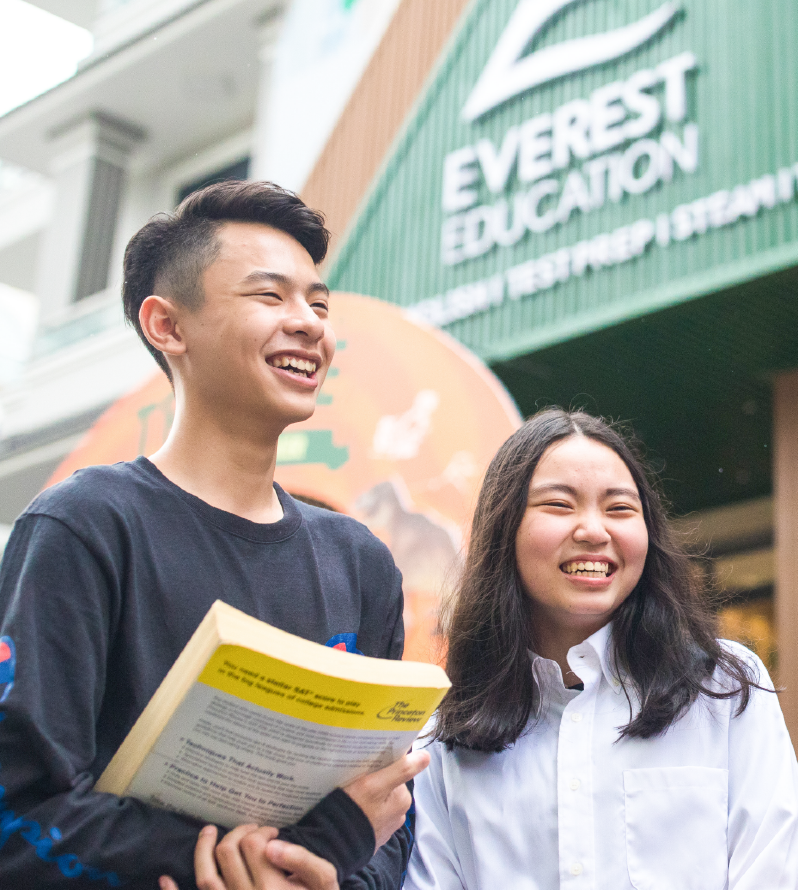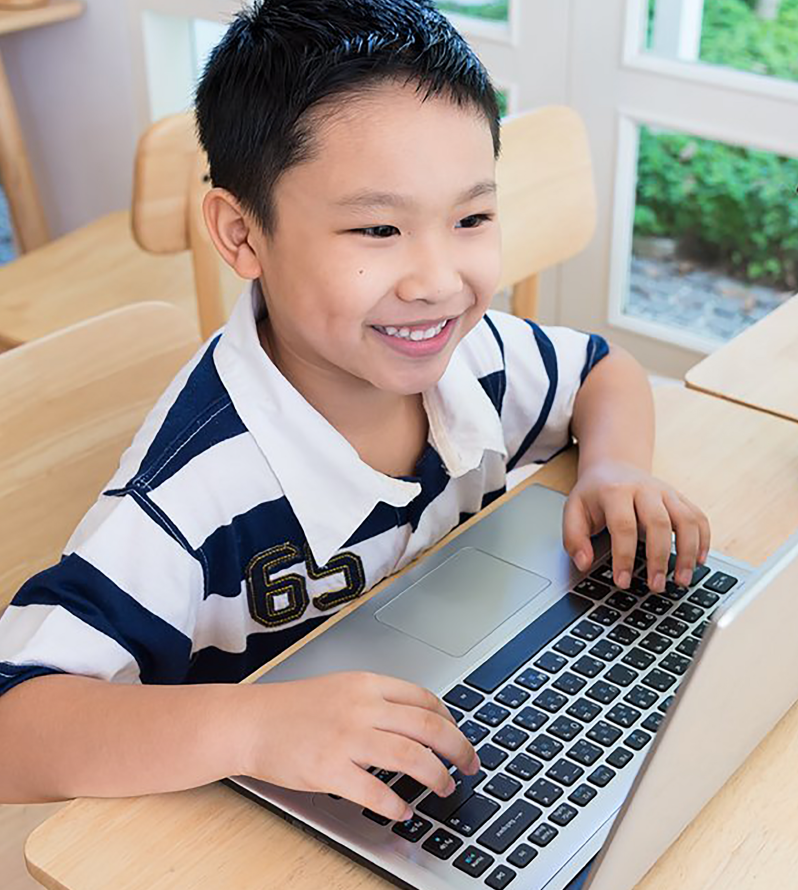Switching from a familiar learning environment to an international school can be a significant turning point in a child’s educational journey. For young children, this transition can lead to notable psychological and behavioral changes. International schools follow educational programs that differ from the traditional Vietnamese model. Specifically, there are three common educational systems applied by Vietnamese international schools, including IBDP, Cambridge (A-level), and AP. Each system offers unique knowledge and cultural experiences, aligned with international standards and the school’s development orientation. The novelty of a new culture and the differences in the curriculum can influence a child’s psyche. Parents might observe changes in their child’s personality, lifestyle, and language use. These factors can impact the children’s academic performance, resulting in a decline in their motivation or difficulty keeping up with their peers in international school.
This raises the question: How should parents perceive these changes? What can parents do to support their child in adapting to an entirely new learning environment?
To address these questions effectively, Everest Education (“E2”) encourages parents to explore the significance behind the psychological and behavioral changes when their child shifts to an international school. Based on this, parents can devise appropriate strategies to facilitate their child’s adjustment to the international school environment.
1. Assisting Children in Adapting to a Multicultural Environment
When transitioning to an international school, the multicultural environment becomes a significant factor in shaping a child’s personality. In this setting, the child’s peers come from various countries, bringing with them different cultures. The diversity creates a sense of novelty, but at the same time, the child may feel uncertain about how to interact and integrate. It is common for children to change their lifestyle or way of speaking when making friends and learning from new acquaintances. Additionally, through this multicultural exposure, children absorb new thoughts and lifestyles from their peers, which significantly influences their psychological and behavioral changes.
To help children adapt and respect cultural differences, parents can engage in regular conversations about their experiences in the new learning environment. Listening to children share stories about new friends, the cultures they encounter, and the things they learn is essential. Parents should provide opportunities for children to express their thoughts and emotions while encouraging them to share any difficulties or challenges they encounter. By doing so, parents can support children’s self-awareness and understanding of their own culture, promoting empathy and respect for others. This approach also aids in stabilizing the child’s lifestyle and achieving a balance in their daily activities after transitioning to an international school.
>>> Read more: 5 Tips To Help Children Share Their Emotion
2. Encouraging Children to Embrace Open-Minded Thinking
In international schools, children are exposed to diverse concepts, viewpoints, and ways of life from various cultures and nations. In addition to the standard international curriculum, they gain knowledge beyond their own country, broadening their global outlook. This exposure encourages them to embrace diversity and see things from multiple perspectives, which can sometimes be overwhelming due to the vast amount of information.
During this learning process, parents should be understanding and encourage their children to seek more knowledge. They can help children understand that embracing new ideas and lifestyles is beneficial. Occasionally, children may unknowingly adopt viewpoints that don’t align with their family’s culture. In such situations, parents should analyze and guide them to identify appropriate beliefs to adopt. By accepting their children’s fresh perspectives and guiding them towards the right values, parents can empower them to confidently integrate into the globalized world.

3. Accompanying Children to Adapt to a New Learning Approach
When transitioning to an international school, children encounter new and diverse learning methods. Teachers at international schools often employ progressive teaching techniques and create opportunities for active student participation. Interactive and discussion-based teaching styles are prioritized, enabling students to learn not only from teachers but also from their peers.
Parents should be aware that children may need time to adapt to these fresh learning approaches. This adjustment period can potentially impact their academic performance during the initial days at the international school. Children may feel overwhelmed or lack motivation in such situations. In response, parents should listen to their concerns and provide support. Specifically, parents can encourage children to engage in extracurricular activities and after-school study groups to enhance teamwork skills and become more dynamic in the inclusive learning environment.
>>> Read more: How Can Parents Help Children Adapt To New Environment
Parting words
When transitioning to a new learning environment, children may feel overwhelmed by unfamiliar changes, leading to alterations in their personality and behavior. To assist their children in adapting to these changes, parents should be patient and understand the issues of their children to offer suitable solutions.
If parents are looking for a supportive place to assist your child in adapting to an international educational setting, parents can consider Everest Education (“E2”). With over 11 years of experience, we have been guiding students to achieve their educational aspirations. Our classes provide a diverse and engaging learning environment, focusing on both mastering the international curriculum and offering creative game activities. These activities enable children to experience and gradually acclimate to the international environment.
Source:
How Environmental Factors Influencing Personality – PsychoSeri
Where learning meets joy
with friends and teachers who care



